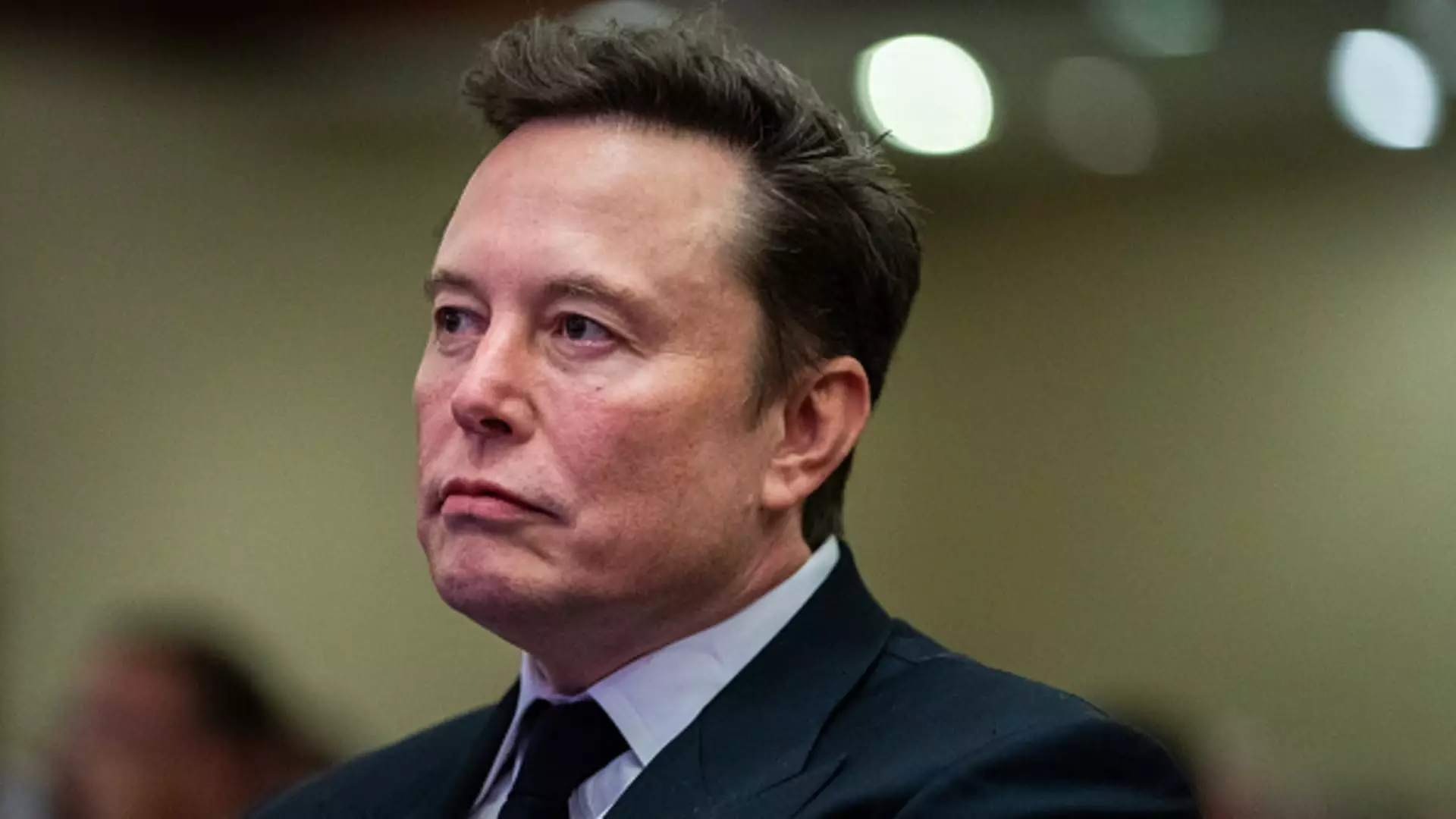Elon Musk, a prominent figure in the technology and innovation landscape, has once again stirred the industry with his venture into artificial intelligence through xAI. As reported by CNBC’s David Faber, the company is in the process of securing a staggering $6 billion in funding, establishing its valuation at an eye-watering $50 billion. This colossal investment highlights Musk’s ambition in a field that is rapidly gaining momentum and importance, as AI technologies become integrated into various aspects of everyday life.
The influx of funds is primarily expected to come from sovereign wealth funds in the Middle East, amounting to $5 billion, while the remainder will stem from various other investors looking to boost their capital in AI innovations. This significant backing essentially positions xAI to acquire essential hardware necessary for its operations. Sources indicate that part of this funding will go towards securing 100,000 Nvidia chips, critical for the processing power required to implement advanced AI functionalities.
The immediate implication of this funding is the development of the Memphis supercomputer, which will power Tesla’s Full Self Driving capabilities. The integration of such advanced technology underscores xAI’s strategic focus on not only enhancing AI but also applying it directly to transform industries like automotive through autonomous driving.
xAI’s objective isn’t merely to participate in the AI race but to redefine its landscape. Since its inception in July 2023, the company has positioned itself as a serious contender against established players like OpenAI, the creator of ChatGPT, and Google’s Bard. Musk’s prior involvement with OpenAI—only to separate due to differences with co-founder Sam Altman—has added an interesting layer of rivalry to this competitive sphere.
A key aspect of xAI’s strategy is its chatbot, Grok, launched last November. Modeled after Douglas Adams’ “The Hitchhiker’s Guide to the Galaxy,” Grok reflects Musk’s penchant for blending technology with cultural references, aiming for an engaging user experience. With a foundation of real-time internet knowledge and just two months of initial training, Grok seeks to carve out its niche in an already crowded market of AI chatbots.
With the political landscape also shifting—Donald Trump emerging as president-elect—Musk is positioning himself to collaborate closely with the incoming administration. His involvement with Trump’s inner circle indicates a strategic move to align his tech ventures with potential government policy and regulation on AI. This relationship could be pivotal for xAI, as regulatory frameworks around AI development are still in nascent stages. Engaging politically not only allows Musk to influence AI policy but also opens avenues for public and private partnerships, a crucial element for technological advancement.
Musk’s xAI is not just another tech company; it is positioned as a transformative force in the AI industry, with aspirations to lead through innovation and strategic funding. With significant financial support and a competitive edge against established entities, xAI is poised to challenge the status quo and potentially redefine how AI interacts with various sectors. As the technology landscape evolves, the success of xAI may hinge not only on its technological advancements but also on its ability to navigate the complex interplay between innovation, market competition, and governmental collaboration.

